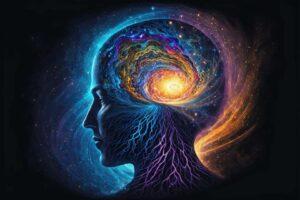Bias refers to a tendency or preference towards a particular perspective or opinion, often without conscious awareness. It can manifest in a range of contexts, such as personal beliefs, attitudes, and values, or in decision-making processes in areas such as politics, business, or academia.
Bias can have a range of negative effects, such as:
* Discrimination: Bias can lead to unfair treatment of individuals or groups based on factors such as race, gender, or sexual orientation.
* Prejudice: Bias can lead to negative attitudes or beliefs about individuals or groups based on stereotypes or misinformation.
* Injustice: Bias can lead to unjust or inequitable outcomes in areas such as law enforcement, healthcare, or education.
Some of the key types of bias include:
* Confirmation bias: The tendency to seek out and interpret information in a way that confirms one's pre-existing beliefs or opinions.
* Availability bias: The tendency to rely on easily accessible or salient information, rather than considering all relevant factors.
* Halo effect: The tendency to attribute positive qualities to a person or thing based on one positive trait, without considering other factors.
* Groupthink: The tendency for group members to conform to the opinions or attitudes of the group, rather than considering alternative perspectives.
Addressing bias requires a range of strategies, such as:
* Awareness: Acknowledging and understanding one's own biases, as well as the biases that exist in larger social and cultural contexts.
* Education: Learning about different perspectives and experiences, and being open to new ideas and information.
* Empathy: Putting oneself in the shoes of others, and considering their perspectives and experiences
* Critical thinking: Examining and evaluating information objectively and considering multiple perspectives before forming an opinion or making a decision.
Overall, bias is a complex and pervasive issue, with wide-ranging effects on individuals and society. By being aware of our own biases, and taking steps to address them in ourselves and others, we can work towards a more fair and equitable world.
Bias
Related Semantic Entities for Bias

